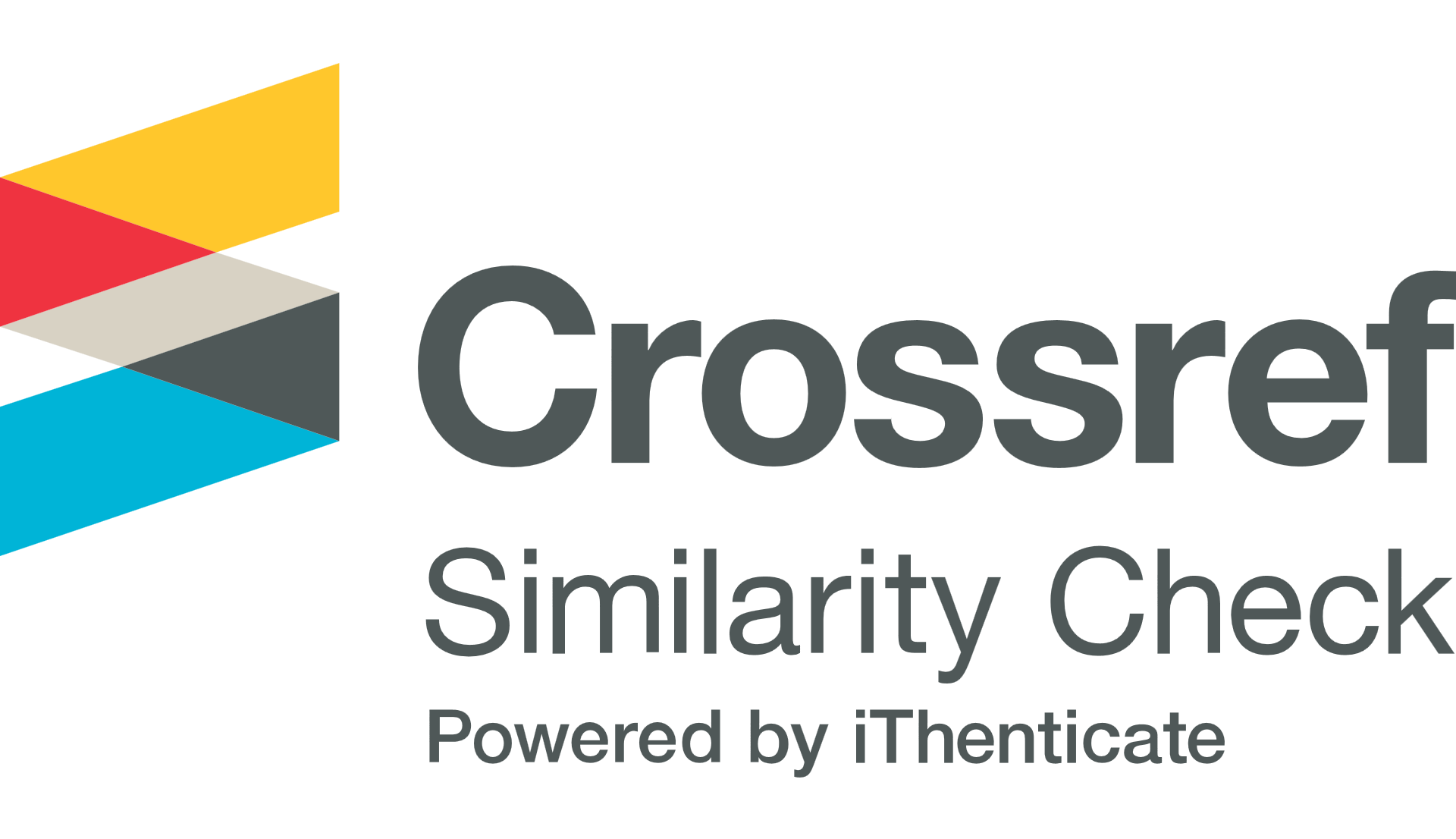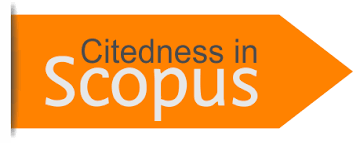THE ROLES OF STATE RELIGIOUS CONSELORS IN PROMOTING PEACE AND HARMONY IN AMBON CITY
DOI:
https://doi.org/10.31969/alq.v22i1.280Abstract
Abstract
The aim of this research was to describe about the performances of religion counselor, a counselor who has a strategic role and position as State Civil Servant, who is on the front guard in giving religious services to the general public. A religion counselor is a representative of Indonesia Ministry of Religious Affairs that got the constitutional mandate to deliberate society’s needs related to development in the religious field, especially in the field of counseling that uses ‘religion language’. For the context of Ambon City, the characteristics were relatively specific as this region was in the category of high level conflict potential; so it was necessary that there be Civil Servants who had the performances and capabilities in portraying the public socio-cultural condition. Therefore, what became the priority for the context of Ambon was the reinforcement of each religion counselor’s capacity to carry out his counseling activities and to be proactive in the process of managing the living harmony among religion believers. Through the qualitative method used in this research, the social realities concerning religion counselor’s performance and contribution in managing the living harmony among religion believers in Ambon City could be described effectively.Additional Files
Published
2016-07-20
Issue
Section
Articles
License
Authors who publish with this journal agree to the following terms:
- Authors retain copyright and grant the journal right of first publication with the work simultaneously licensed under Creative Commons Attribution-NonCommercial-ShareAlike 4.0 International License that allows others to share the work with an acknowledgement of the work's authorship and initial publication in this journal.
- Authors are able to enter into separate, additional contractual arrangements for the non-exclusive distribution of the journal's published version of the work (e.g., post it to an institutional repository or publish it in a book), with an acknowledgment of its initial publication in this journal.
- Authors are permitted and encouraged to post their work online (e.g., in institutional repositories or on their website) prior to and during the submission process, as it can lead to productive exchanges, as well as earlier and greater citation of published work (See The Effect of Open Access).















